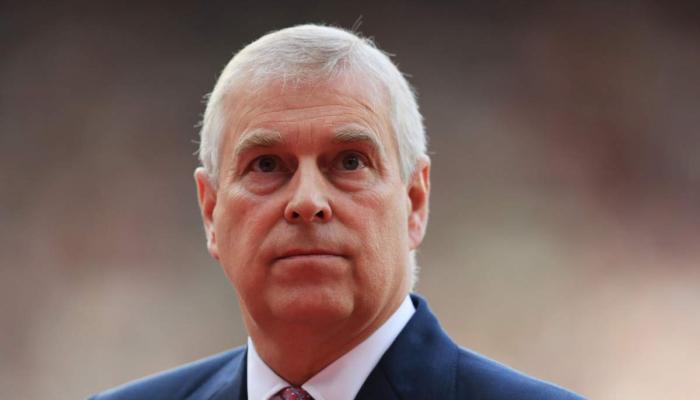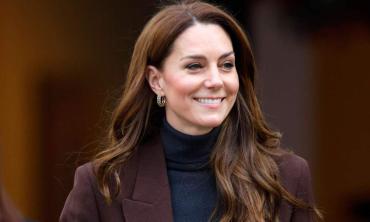Prince Andrew’s dukedom under scrutiny amid new allegations
Palace officials are exploring how to create more formal distance between the monarchy and Prince Andrew
Fresh concerns are emerging over Prince Andrew’s future role in the royal family as a new biography reignites public scrutiny over the Duke of York’s past associations and alleged indiscretions.
Andrew Lownie’s forthcoming biography, Entitled: The Rise and Fall of the House of York, includes a series of explosive claims, from his controversial ties to disgraced financier Jeffrey Epstein to a now-disputed physical altercation with his nephew, Prince Harry.
A spokesperson for Prince Harry has categorically denied the latter allegation, stating: “Prince Harry and Prince Andrew have never had a physical fight, nor did Prince Andrew ever make the comments about the Duchess of Sussex he is alleged to have made.”
Additional controversies outlined in the book include Andrew’s connection to suspected Chinese intelligence operative Yang Tengbo and what some have described as a “siege of Royal Lodge", a standoff that prompted King Charles to withdraw Andrew’s reported £1 million annual allowance.
Royal correspondent Hannah Furness of The Telegraph has reported that palace officials are quietly exploring how to create more formal distance between the monarchy and Prince Andrew, who continues to face public backlash.
Notably, there exists a little-known legal pathway by which Parliament could revoke not only Andrew’s dukedom, but even his title of “Prince.”
Such a move would require legislation and Royal Assent from the reigning monarch but is technically possible.
Royal historian Christopher Wilson notes that while King Charles has taken a relatively cautious approach in managing family scandals, Prince William is expected to take a more assertive stance.
“William has hard-nosed ideas about how the Royal Family needs to appear in the frenzied social media world we now inhabit, and I think he will be ruthless,” Wilson told The Telegraph.
RELATED: Prince Andrew warned to respond to allegations or risk further damage to public image









